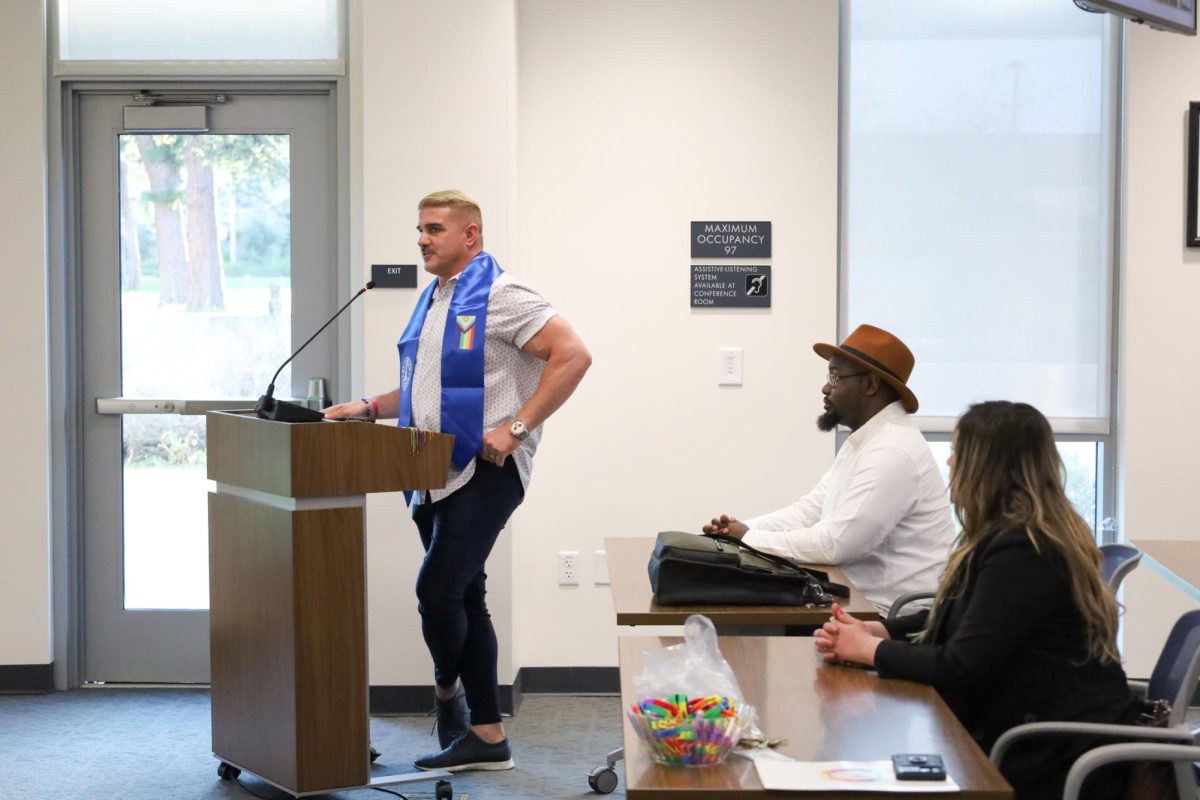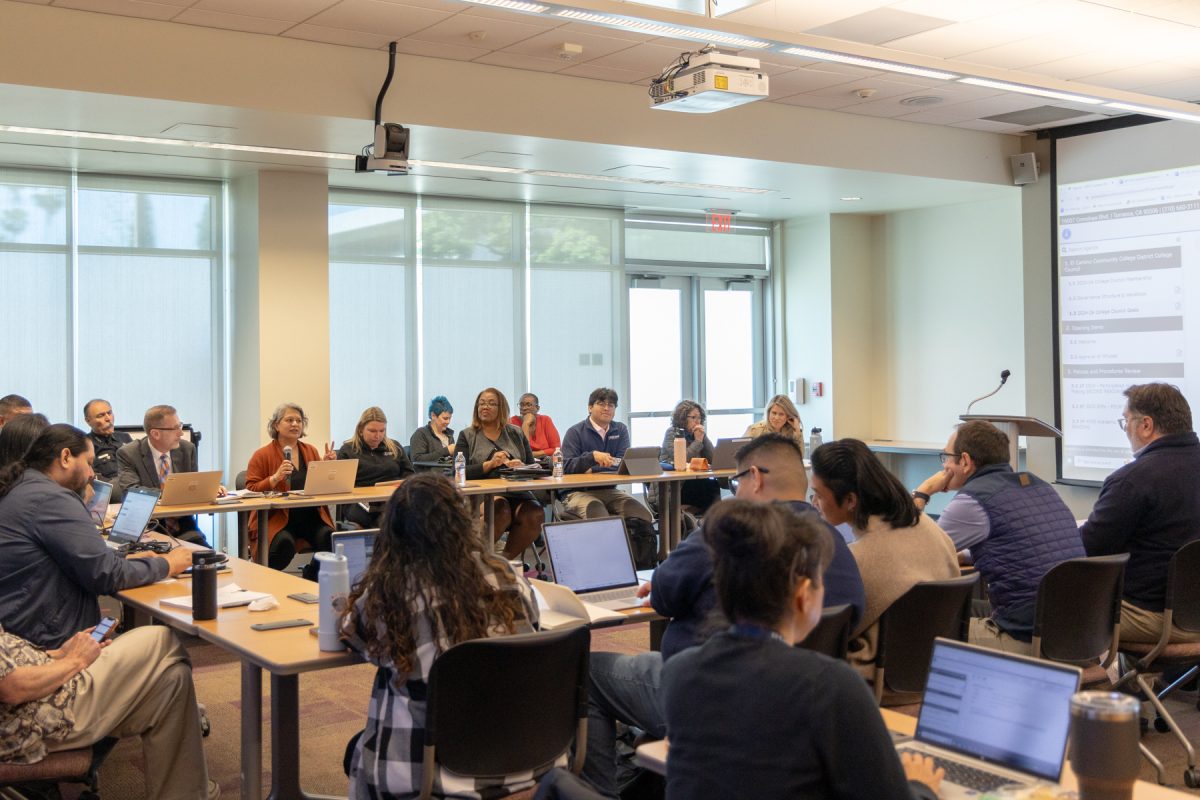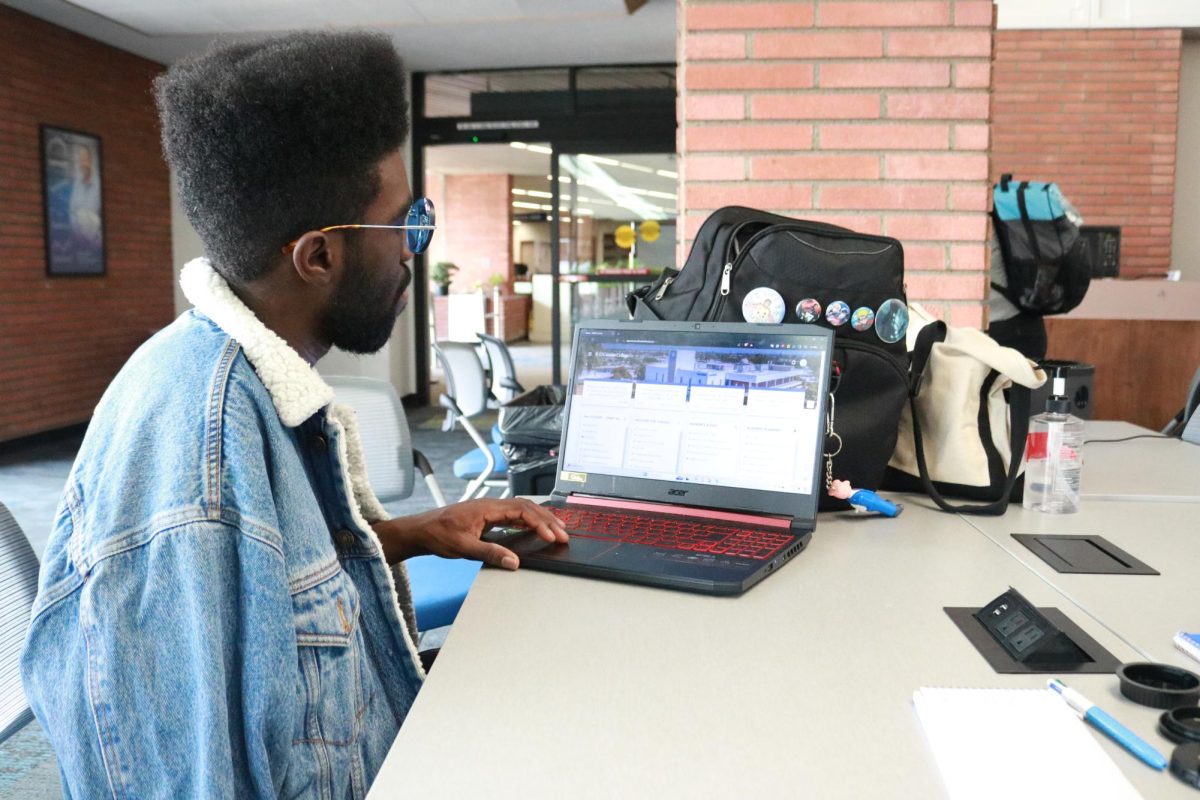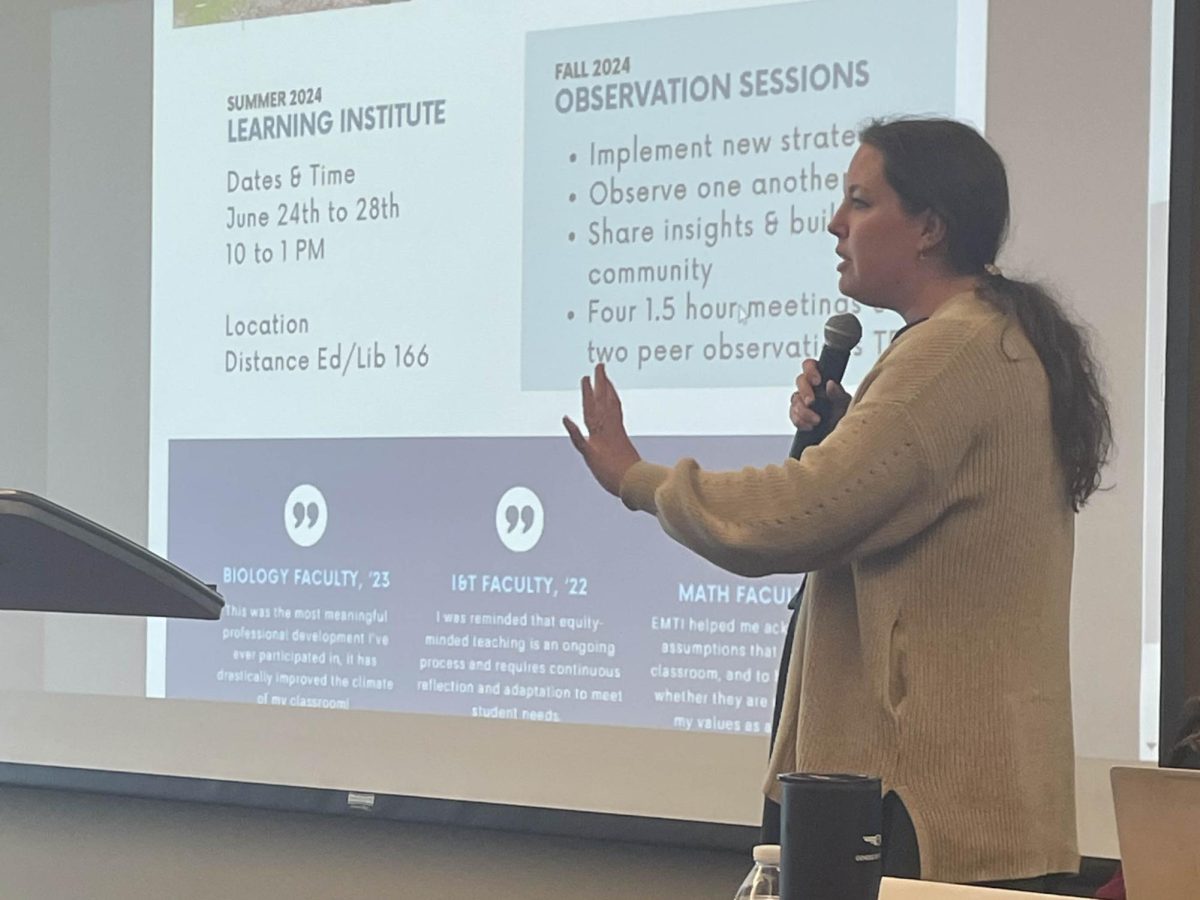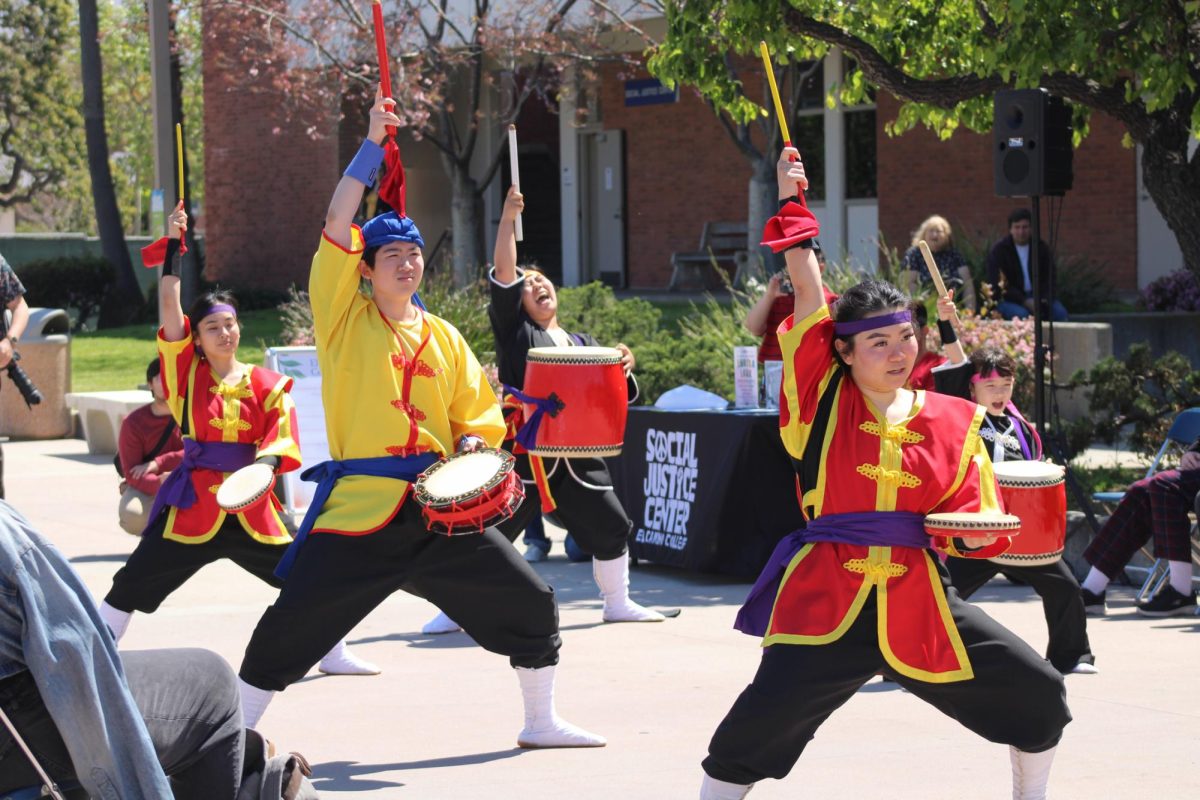Many people use sleeping pills as a way to cope with sleep deprivation. What they don’t know or fail to realize is that these drugs can have dangerous side effects.
Researchers have found that long term use of sleeping pills can lead to dependence and other issues.
“A lot of the things that can help you fall asleep faster end up having some kind of negative consequence,” Amy Himsel, psychology professor, said.
Sleeping pills can seem like a reasonable option for students who find it hard to go to sleep. For a full-time student taking 12 units a week, assuming all their classes are 3 units and they take two a day, they have about 16 hours of dedicated free time per day. With work and family responsibilities this still doesn’t feel like enough time to get everything done.
Some side effects of using sleeping pills include headaches, dizziness, and drowsiness. According to the Food and Drug Administration (FDA), caffeine can be used in both prescription and over-the-counter medicines to treat tiredness and drowsiness brought on by the pills.
Caffeine like sleeping pills can become addictive and this can affect how someone sleeps at night.
“I think people have a tendency to abuse caffeine and stimulants whether prescriptive or from Starbucks to kind of push through and it takes a toll cumulatively over time,” Julie Poepoe, nurse practitioner, said.
Other concerns about taking prescription and over-the-counter drugs to sleep are that someone can become physically and psychologically dependent on them.
Another concern is that over a period of time, a person taking the pills may build up a tolerance to them making them take more at a higher dosage and deepening their dependency.
“They can be harmful and later on lead to an illness,” Wynonna Leilua, 20, nursing major, said.
Sleeping pills and alcohol can also affect Rapid Eye Movement (REM) sleep, the fourth stage in the sleep cycle. REM sleep occurs 90 minutes into a sleep cycle and it’s when the deepest sleep occurs. Without REM sleep, the brain does not get to repair itself and this can lead to drowsiness during the day.
“Both those things – sleeping pills and alcohol – reduce your REM sleep,” Himsel said. ” They can help you fall asleep but they don’t help you have great sleep.”
Some ways that can help students depend less on caffeine and sleeping pills is having better sleep hygiene. This means taking steps to insure that you have a better night’s sleep.
Some tips could be to develop a sleep routine like going to bed and getting up at the same time every day. In order to reach REM, sleep experts suggest doing relaxing things that can quiet the brain like yoga, pleasure reading, and turning off all electronics.
“If we don’t get enough REM sleep are memory suffers greatly,” Himsel said. “Our brain needs that period of refurbishment (and) rejuvenation every night.”



